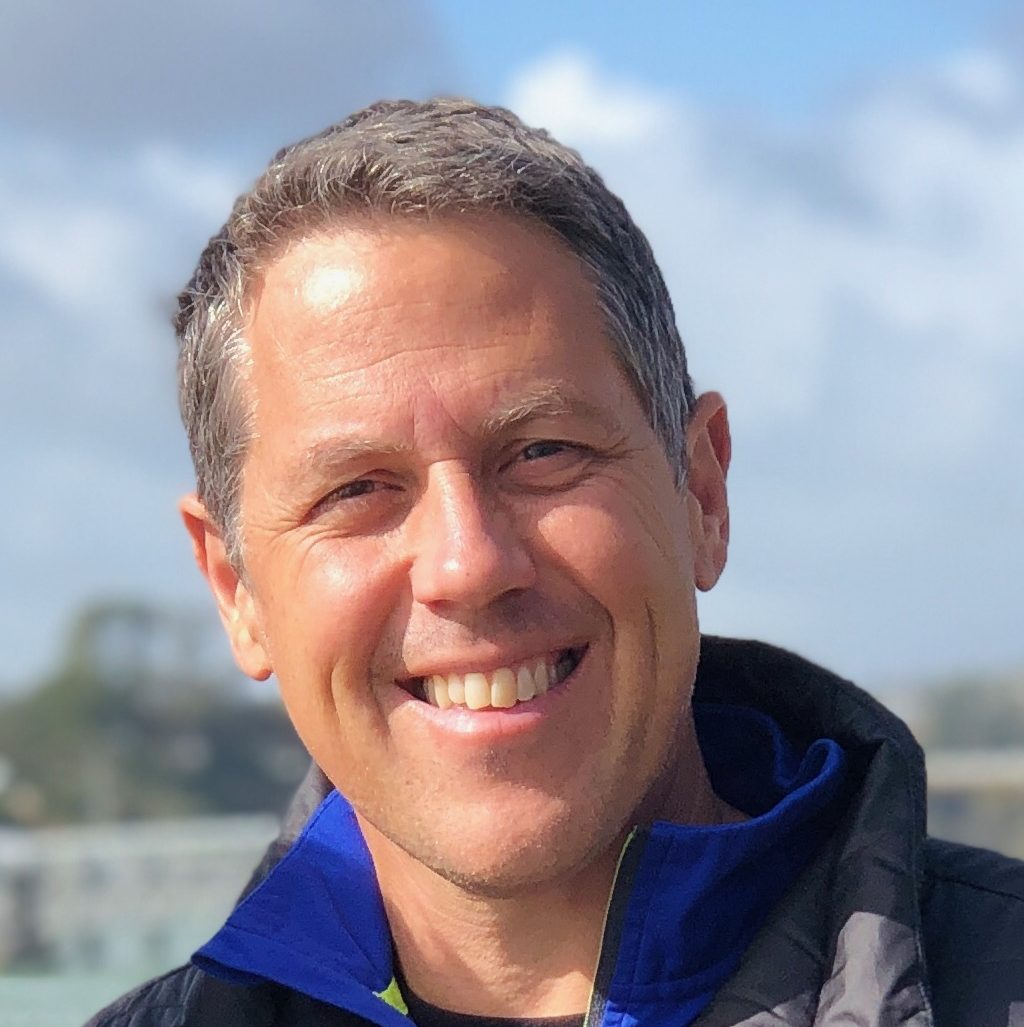The following is not a review but reflections and a call to you for interaction after scratching the surface of Richard Hughes’s new book, Myths America Lives By.
Hughes tells our American story with a powerful twist. He tells it through the eyes of the poor and disenfranchised. He starts with the assumption that America has made many, many people free–no doubting that, but in examining our nation’s story, or myths (not to be confused with fiction or things made up but defined as story), he particularly looks through the eyes of a people who have been oppressed by American policies for centuries: African Americans. He looks at the myths we live by: Chosen Nation, Nature’s Nation, Christian Nation, Millennial Nation, and Innocent Nation.
Hughes looks critically at the myths that shape our identity as “Americans”–that we are a chosen nation, set apart in classes by nature and capitalism, a Christian nation, and one that will bring hope to other nations, and the one he sheds light on with the most laser precision is the myth that he believes we must jettison: we are an innocent nation. Most of these myths hold great potential for good. Yet Americans have often absolutized these myths in ways that undermine the virtues that otherwise stood at their respective cores. This is the irony that lies at the heart of American history, as Reinhold Niebuhr pointed out many years ago. In his classic text The Irony of American History, Niebuhr spoke of “the ironic tendency of virtues to turn into vices when too complacently relied upon.” Moreover, it is precisely when powerful people absolutize their virtues that the interests of the poor and marginalized are most at risk. That is the fundamental premise of this book.
Hughes says from the top that “[T]here is perhaps no more compelling task for Americans to accomplish in the twenty-first century than to learn to see the world through someone else’s eyes.” In other words, there’s another side of the mythical story that needs to be heard. And this book is not easy to read or the perspectives easy to hear, Hughes admits, because it unsettles the comfortable and those who believe America to be unequivocally compassionate and generous. Those who believe America solely good also tend to be ones who have not experienced its oppression or policies that work against them. Even our own perception of our nation’s compassion is flawed.
How much international aid would you say that we give compared to Gross Domestic Product (GDP) yearly? Robert Bellah, who wrote the foreword for this book, says “Americans when polled believed that we were spending 10 to 15 percent of our federal budget on foreign aid, and that we were doing too much.” Japan, Denmark, other wealthy nations do give foreign aid equivalent to 5-10 percent of their GDP. How much does the United States give? During the 90s, we gave .02 percent of GDP. And before we reached 2000, we had cut that in half to .01 percent. Granted, compared to our GDP, that’s a great amount of money, but it’s the lowest percentage among wealthy nations.
Hughes’s book is a wake up call but it’s not intended to be one-sided, for us to deep six our myths. Instead, he warns of the ditches on either side of this debate about our national identity: we should neither chunk our American Creed and myths, nor should we absolutize it to the point that we believe it perfect and innocent of any wrongdoing or need of any revision. But we should look at our identity, our story/myth, and our policies carefully.
Hughes points to our response to 9/11 as telling of our belief in the myth in ways that increasingly become absolutized rather than examining possible flaws in our policies that are shaped by our myth/story. For example, college professors and politicians calling to delve into the reasons behind why many in the world hate us and our policies were, in the dark days following the first attack on the continental U.S. since the War of 1812, considered un-American and chastised.
President Bush, meanwhile, with incredulity, said, “I’m amazed that there’s such misunderstanding of what our country is about that people would hate us. I am–like most Americans, I just can’t believe it because I know how good we are. And we’ve got to do a better job of making our case.”
Hughes does make a case but not for swallowing our myth whole. By looking at each myth that shapes our national identity through the eyes of African Americans, says Bellah, we open ourselves to the great possibility that we may hear the oppressed voices of international community as well. The greater cause of the book, Bellah points out, is that we learn to cope with our chosenness, with the global city set on a hill. The eyes of the rest of the world, says Bellah, are truly on us. The question is, do we bring light or darkness, blessing or a curse?









Your comments